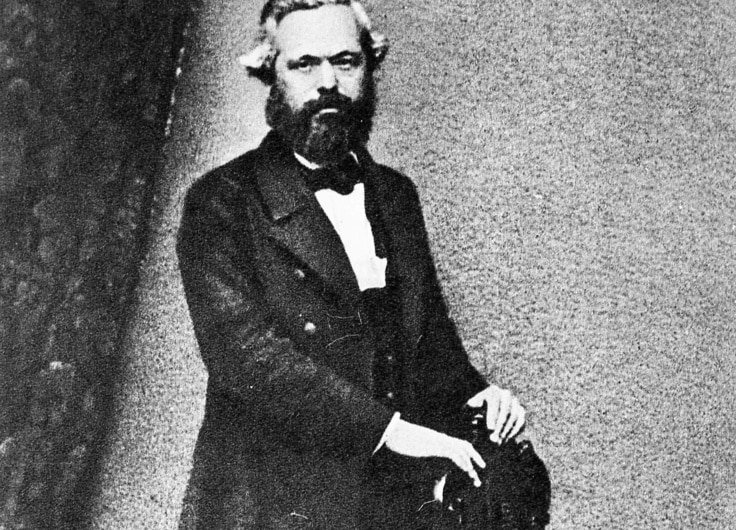May Day and the Flemish Roots of ‘The Internationale’
Just about the whole world celebrates International Workers’ Day on 1 May. On that day, ‘The Internationale’, the socialist anthem, is heard across the nations. Few people, however, realise that this hymn was composed by Ghent-born Pierre De Geyter. He grew up in Lille, a city at the northern tip of France, where the workers’ movement was heavily influenced by the one in Ghent.
May Day was originally intended to commemorate the struggle for the eight-hour workday. Gradually, however, 1 May developed into a day when labourers would take to the streets, demanding better working conditions. Therefore, the Second International (a worldwide organisation for socialist political parties and trade unions) decided to officially establish 1 May as an international day of struggle.
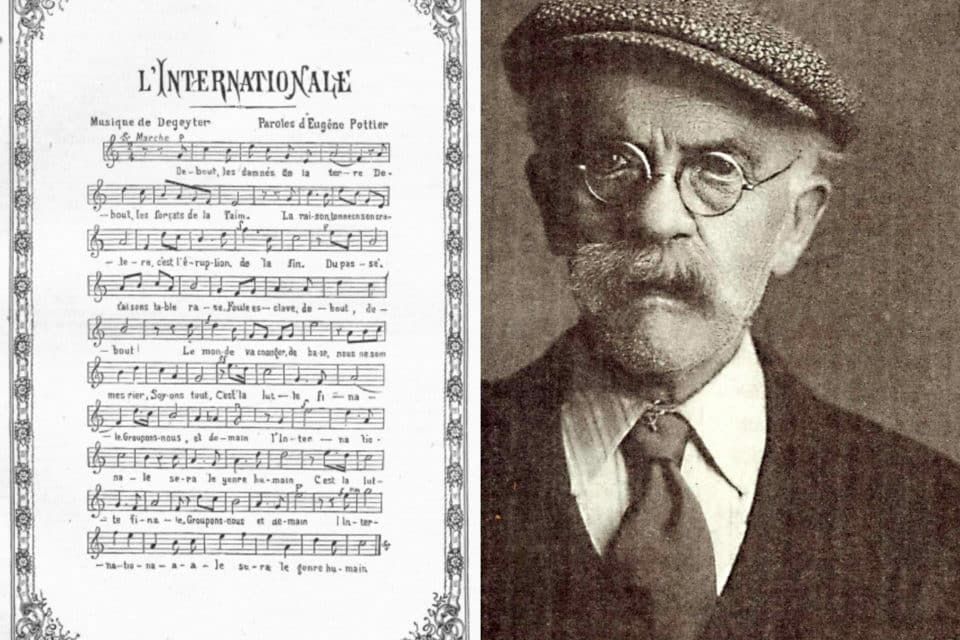 Pierre De Geyter (1848-1932)
Pierre De Geyter (1848-1932)© Wikipedia
That same Second International turned the socialist battle song ‘The Internationale’ into the official anthem of the workers’ movement. This song was composed by Pierre De Geyter in 1888. He was born in Ghent in 1848 but, at a young age, moved to Lille with his parents. There, his father had found a job in the textile industry. From as young as seven, Pierre would start working in the factory as well, even though child labour had been abolished in France ever since 1841.
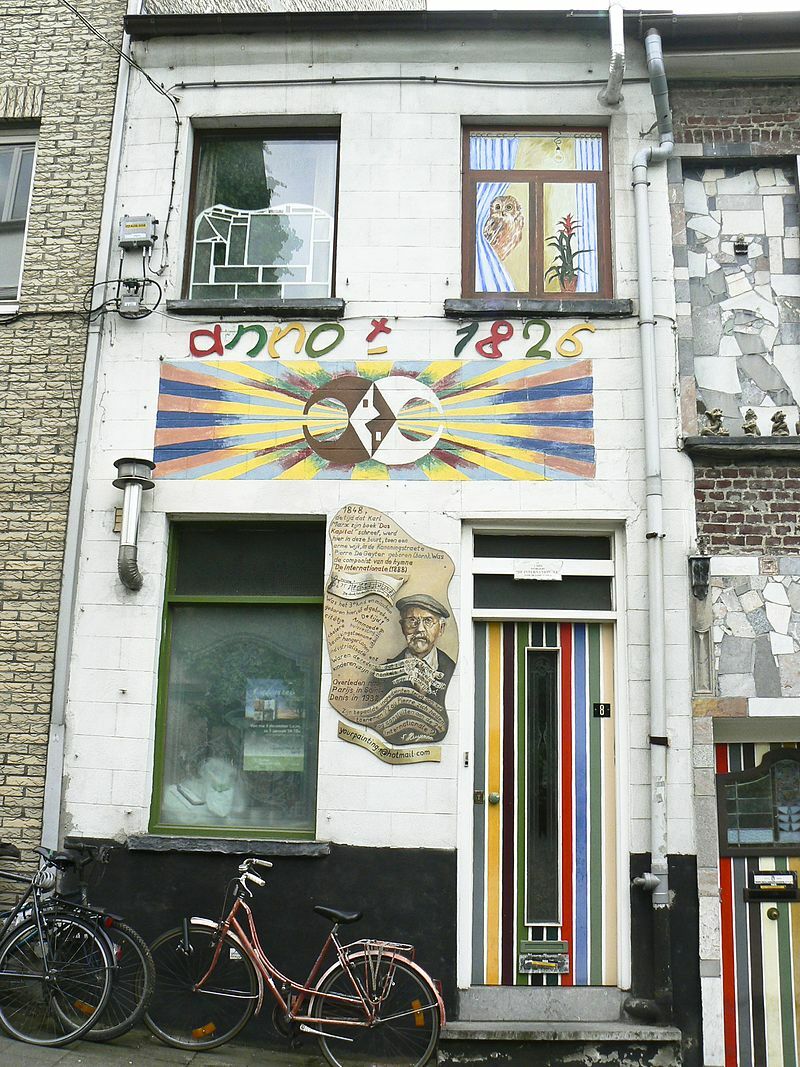 A modest house in a Ghent alley is decorated with an unexpected mural. It reveals that the Belgian musician Pierre de Geyter was born in this house, at Kanunnikstraat 8, now in the heart of the city’s student quarter.
A modest house in a Ghent alley is decorated with an unexpected mural. It reveals that the Belgian musician Pierre de Geyter was born in this house, at Kanunnikstraat 8, now in the heart of the city’s student quarter.© Wikipedia
After his shifts, Pierre learned how to read and write during dedicated evening classes for labourers. Later on, he would also take music lessons at the Lille Academy. He joined a music society that would perform In the working-class neighbourhoods and would also lead the way during strikes and demonstrations.
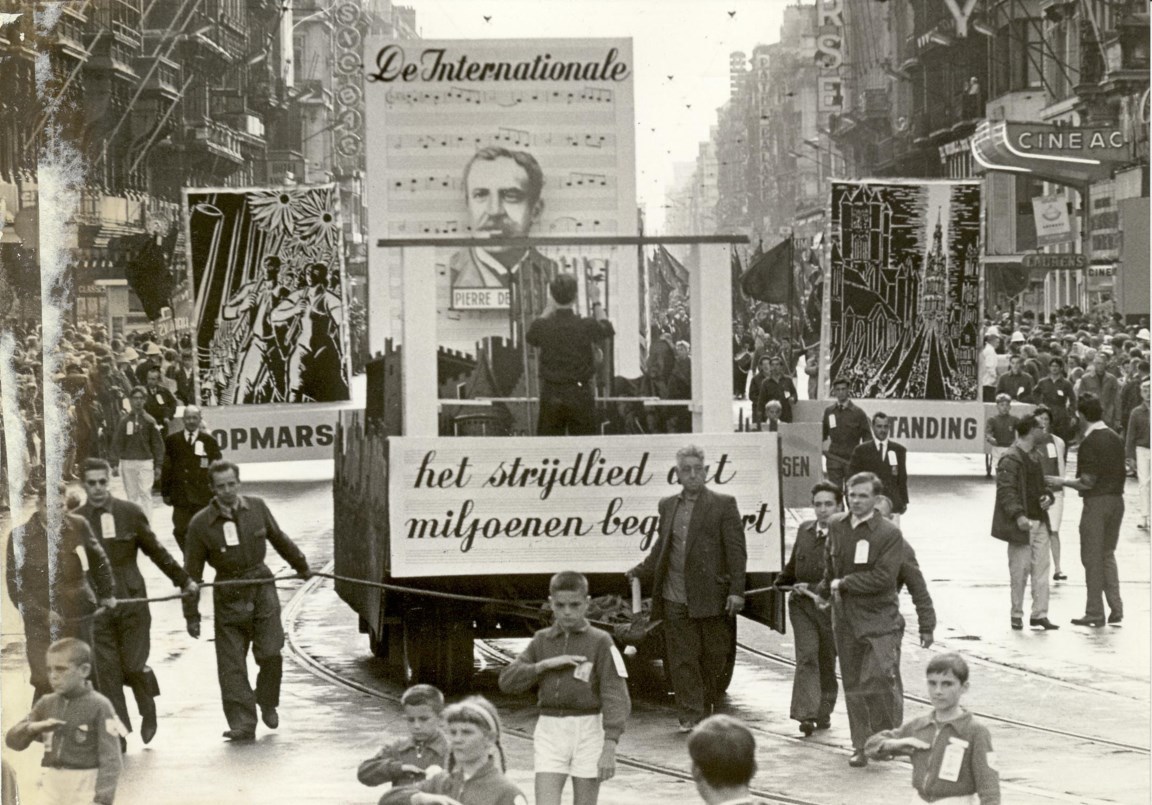 Parade in Brussels on the occasion of the 100th anniversary of the First International, September 1964. View of the floats, including a float of 'The Internationale' of Pierre De Geyter with the inscription: "The Internationale the battle song that inspires millions".
Parade in Brussels on the occasion of the 100th anniversary of the First International, September 1964. View of the floats, including a float of 'The Internationale' of Pierre De Geyter with the inscription: "The Internationale the battle song that inspires millions".© Amsab
In 1888, De Geyter was commissioned to turn Eugène Pottier’s poem ‘The Internationale’ into a battle anthem. It soon became an international hit. Incidentally, the success would lead to a huge clash concerning royalties between Pierre De Geyter and his brother. In 1932, Pierre De Geyter died in Paris, where thousands attended his funeral.
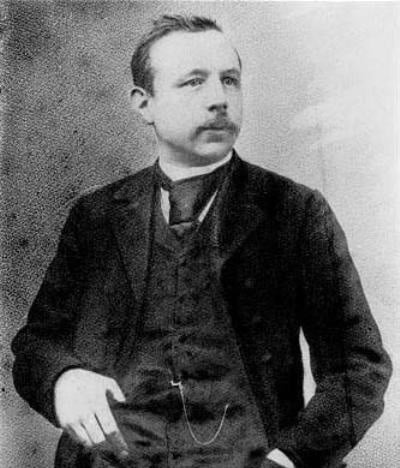 Edward Anseele (1856-1938)
Edward Anseele (1856-1938)© Wikipedia
It should not come as a surprise that the Ghent-born De Geyter family emigrated to Lille. After all, Ghent and Lille’s socialist movements were very closely linked. At the end of the nineteenth century, Ghent socialism, and particularly its leader Edward Anseele, greatly influenced the workers’ movements in the North of France. Socialists from Ghent were present at important strikes in Lille, and Anseele would often act as a spokesman. Moreover, socialist parties in Lille adapted party structures that were based on the Ghent model.


